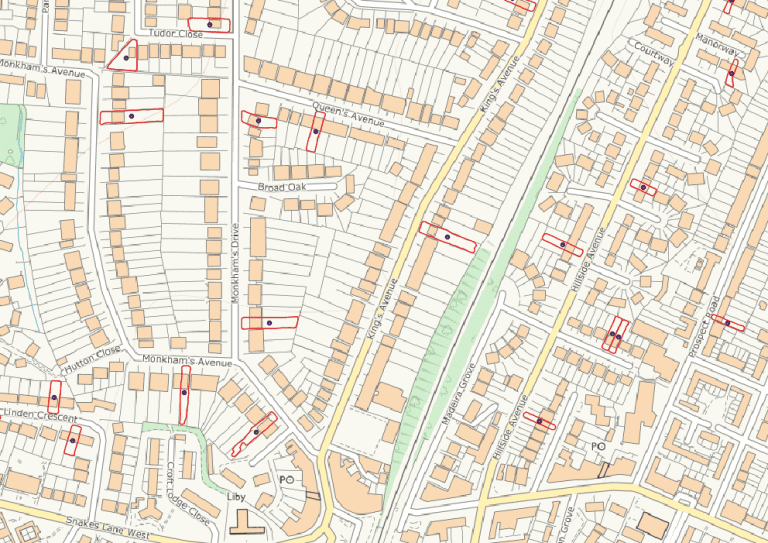To identify and uncover more than 1.1 million extra residential titles missing from HM Land Registry, which is approximately 4.6% of all residential properties across England and Wales, a revolutionary, deep-learning algorithm has been developed. The specialist AI technology is the brainchild of Lumière Property, a south-east based proptech company, who are using their unique geospatial algorithms to identify gaps in Land Registry data and examine the planning potential of sites for development. According to Lumière Property, it has only been mandatory to register all land transactions since the late 1990s and HM Land Registry only has 85% coverage of the land in England and Wales but by 2030 it aims to have all land registered. This means properties that have not changed hands since the end of the 90s may be missing from records. “Since we rely on Land Registry cadastral data, these omissions restricted our ability to pinpoint thousands of development sites with great potential,” explained Chris Rowland-Smith, Managing Director of Lumière Property. “We are really excited at the prospect of using our new AI software; it’s an incredibly smart application and a significant breakthrough. We’re used to working in areas of dense housing stock so the 15% of missing titles accounts for a substantial number of as yet untapped sites,” he added. In order to address the current data gaps, Lumière Property applied the latest AI and deep-learning algorithms to estimate the title bounds for residential addresses across England and Wales. Deep learning involves training an algorithm using over a million examples of known title boundaries, on specialised hardware. Once the algorithm is trained, Lumière Property can present it with examples where the boundary is not known and enable it to estimate these and build a totally new database on top of the existing Land Registry-registered titles. As well as identifying residential properties for purchase and development, Lumière Property also has the ability to provide a sophisticated site-finding service for commercial and public organisations such as senior living developers and borough councils with existing asset registers they wish to unlock value from.





